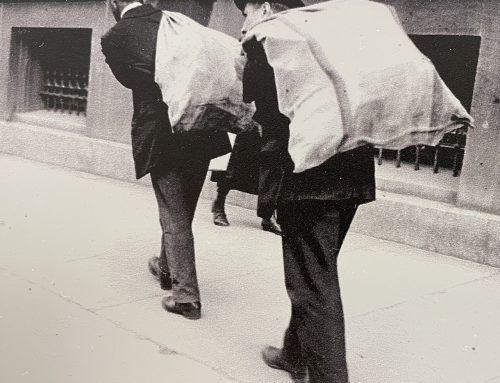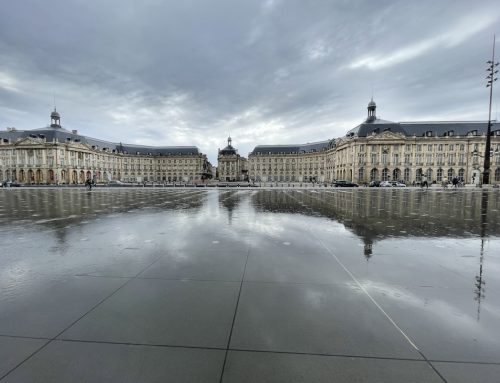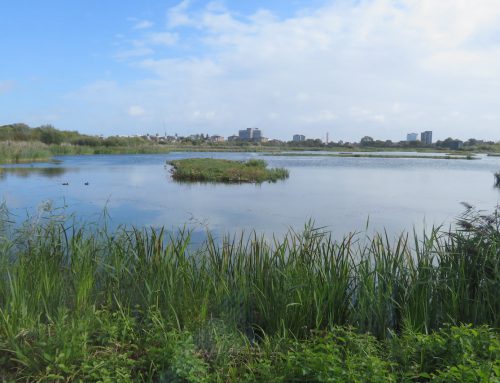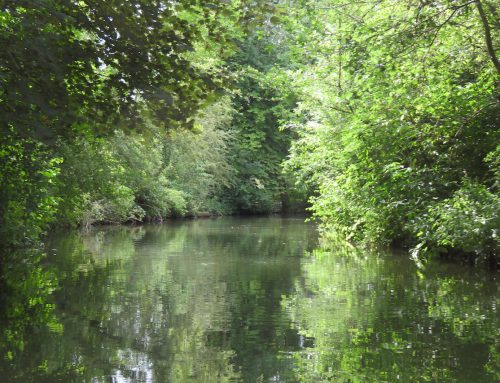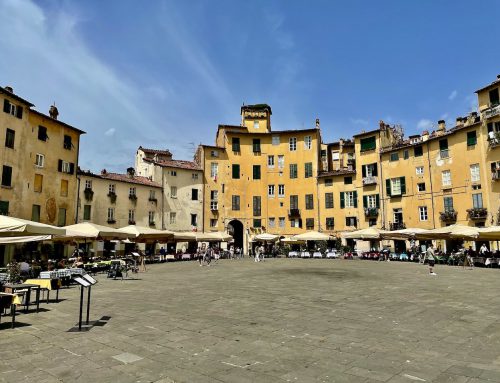Nanny Lane
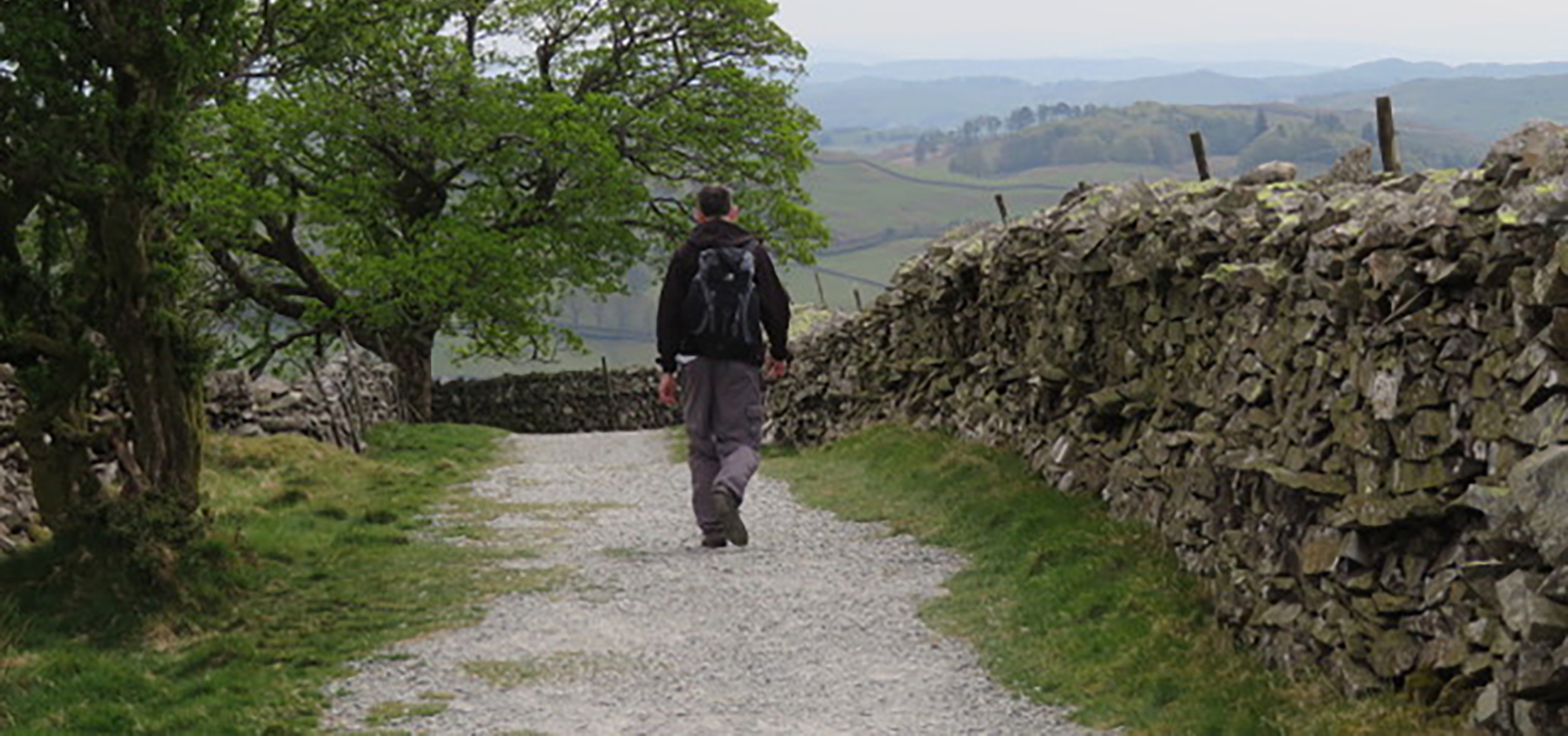
The man in black who made no sound

The man in black who made no sound
The man in black who made no sound
Troutbeck, Cumbria, United Kingdom
“Good morning!”
No reply. The man in black was looking serious as he strode down the path towards me. Maybe he had missed my greeting.
“Good morning!” I repeated, this time a little louder. Anyway, the wind was picking up and it was possible the stranger had not heard. He was walking fast, alone, black rucksack in position, head down as if studying the grass-cum-stone surface of the lane. He was like a scientist on the verge of some earth-shattering discovery.
Yet he was past within moments, looking strangely downwards, and glancing up from time to time to be sure he did not stumble. He strode by without acknowledgement or greeting; it was as if neither of us existed. For a moment I wondered if he realised I was even present because he went by so close I could have stretched my arm and touched him.
The man worried me, because he had appeared as if from nothing and this was, after all, Nanny Lane. Nanny Lane that overlooks the magical village of Troutbeck in Cumbria’s Lake District. Nanny Lane, once the haunt of a highwayman who robbed the rich and wealthy, before he was caught in London, tried, and soon dangled on the gallows. Nanny Lane, that well-kept thoroughfare that appears to lead nowhere and yet remains immaculately preserved. The dry-stone walls bordering each side were perfectly vertical, held together by nothing less than the skill of the craftsmen who had made them. No cement, no mortar, no grout, no external support of any kind. The Lake District does dry-stone walls like few others.
As the man in black went by, I stopped and watched him head onwards, down Nanny Lane and beyond me. Strangely I had not felt that tell-tale rush of air when something solid goes past, the gentle wind created by human slipstream. I looked back up the lane to see from where I had come, from where the man had appeared, a portion of the lane that is so infrequently wandered.
Then I glanced back towards the man once more to see how far he had reached. It was then I felt it, the tingling in my shoulders, the realisation all was not as it seemed. The man had disappeared, there was no trace of him, it was if he had vapourised. Nanny Lane, Cumbria, a region steeped in history, legend and sometime misfortune. What had I not understood? Moments later I realised. The man had come from nowhere and had gone nowhere, too. Nanny Lane goes from nowhere to nowhere. There seems no reason for it to exist. And the man, I had not felt him as he passed, nor had I heard him. He had been striding, and yet his feet had made no sound.
My shoulders tingled crazily. Did the man exist, for that matter did anything exist? That is Cumbria, you see. You can believe anything of it and to see a ghost is exactly what might be expected. Anyway, aliens and unidentified flying objects have been reported. Cumbria has had strange visitors in spades.
Yet alongside any out-of-body experience, or extraterrestrial tourists, the walker’s route from Ambleside to Troutbeck is one of the classic hikes of the area. Ambleside residents look upwards daily, at the rounded summit of Wansfell Pike, the highest point of the walk, and say to each other, “That is our mountain. It belongs to no one different.” Some have looked at it for years, and yet have never made it to the apex. Others run to the top each morning.
It was near the summit of Wansfell Pike that I happened across the pair. Granny, who lived in Ambleside and had looked at the peak for decades. She had decided, after more than enough hesitation, to make it to the top. Apart from her two, rubber-tipped walking poles, which were her sole piece of luggage, her grandson came with her. He was seriously fit, the committed fell-runner, and made a gazelle look stationary. She was steadier, slower, but still very sprightly. She may never have climbed Wansfell Pike but there was no way it showed. She wandered and stopped, wandered again, scrambled, absorbed the view, took a deep breath, a few more steps, and before long she was at the summit.
We stopped at the top for a natter, as nattering is what I do. Nearby sat a middle-aged couple who were less chatty, sipping what looked like tea from a plastic mug they shared between them, while glancing at me intermittently with a disapproving frown. I am frequently accused of making too much noise and was in full spate at that moment. Once I annoyed an Alpine Frenchman by breaking into song.
But Granny and grandson were good company, and together we solved the problems of the world. Somehow, we even talked about Poland. Yet before long, it was time to say our goodbyes, for me to head downwards towards Troutbeck and its infamous Nanny Lane, while Granny and grandson picked their way down in the opposite direction, returning to their Ambleside home.
And the man in black who was so silent and never said a word? I have no idea. But had he been real, the least he could have done was say, “Good morning.”
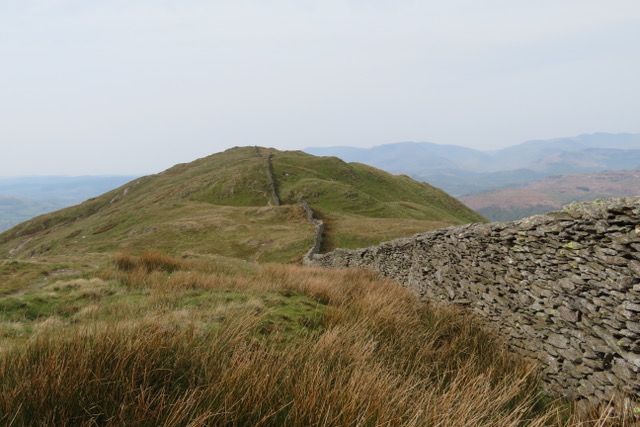
Looking back at Wansfell Pike
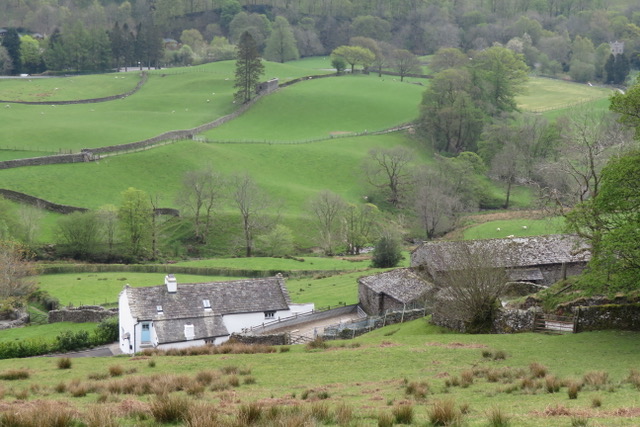
Troutbeck - a classic Lakeland village
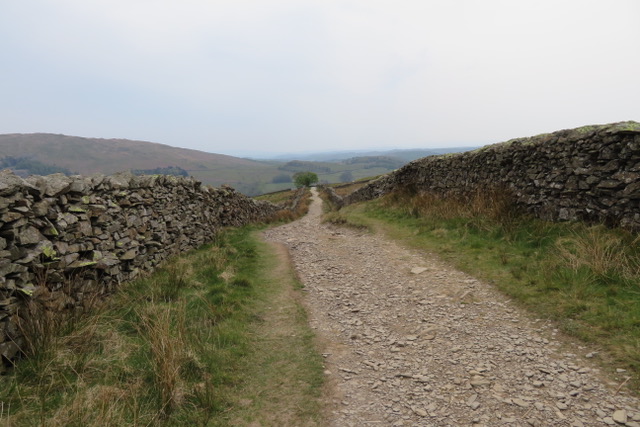
Nanny Lane and its perfect dry-stone walling

